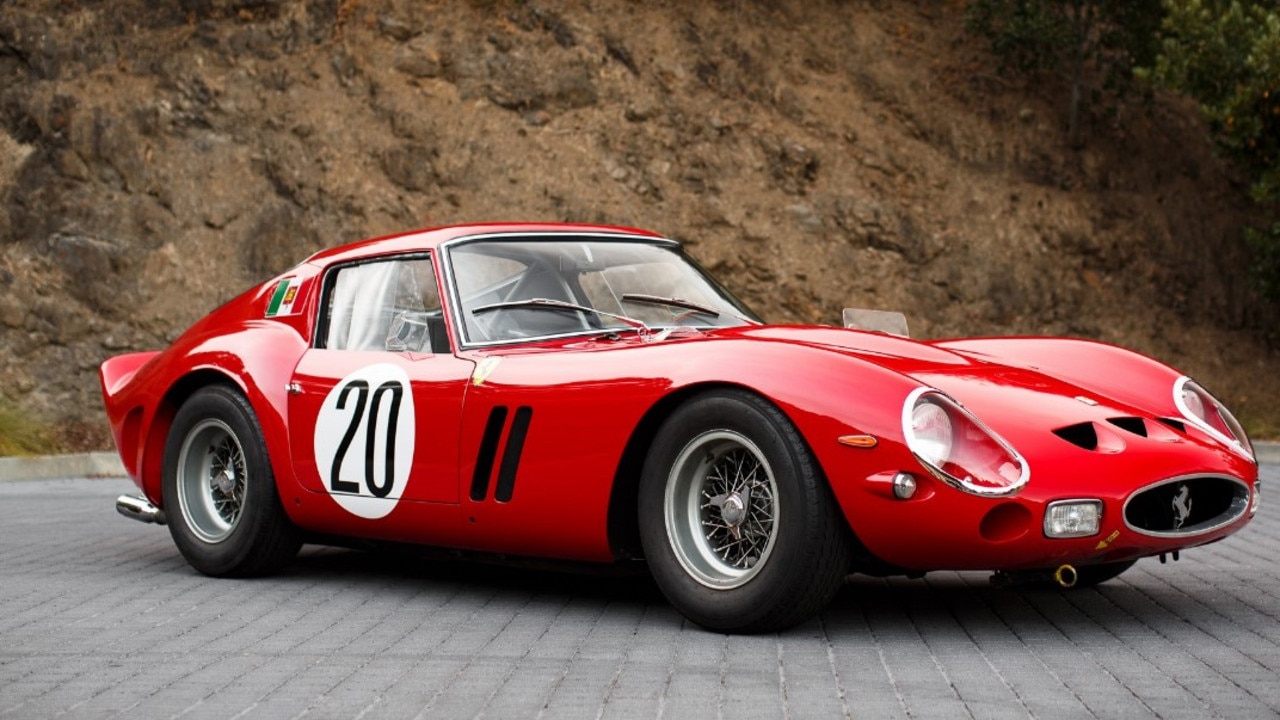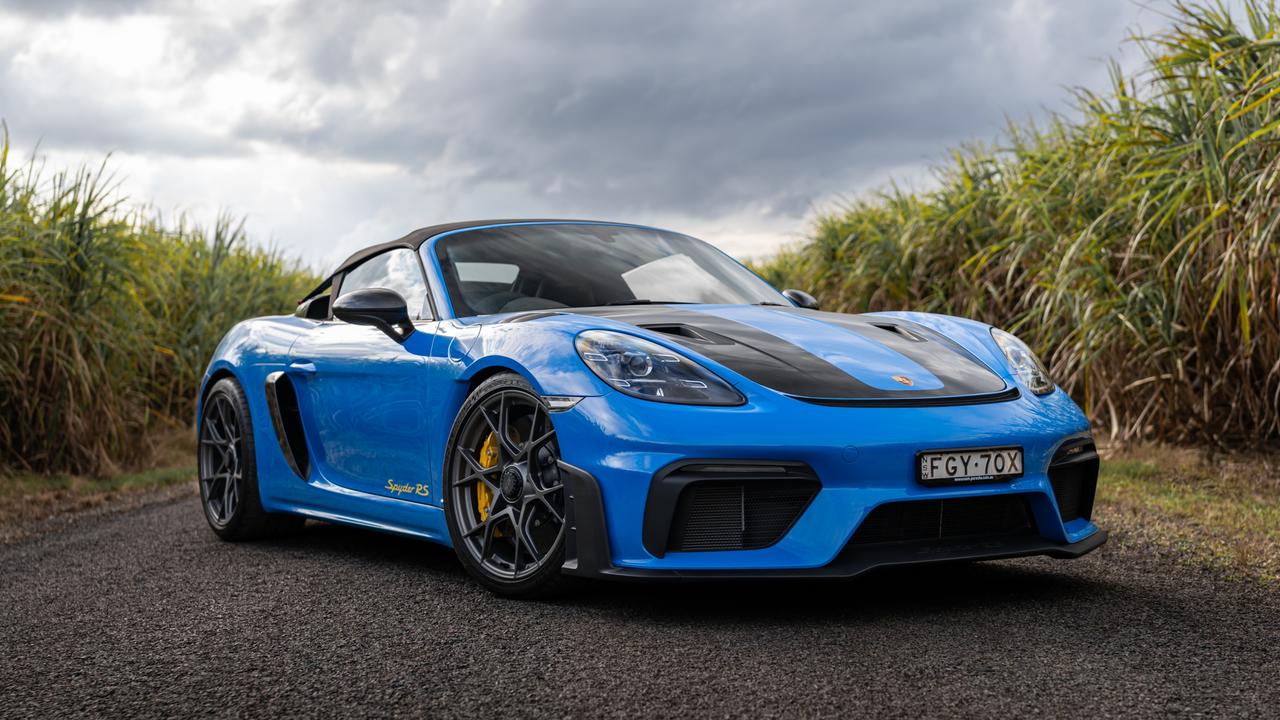Carmakers say new fuel standards will turbocharge EV availability
Some of the world’s largest carmakers are calling on the government to adopt more stringent standards, saying it would greatly expand the choice of highly sought-after electric vehicles.
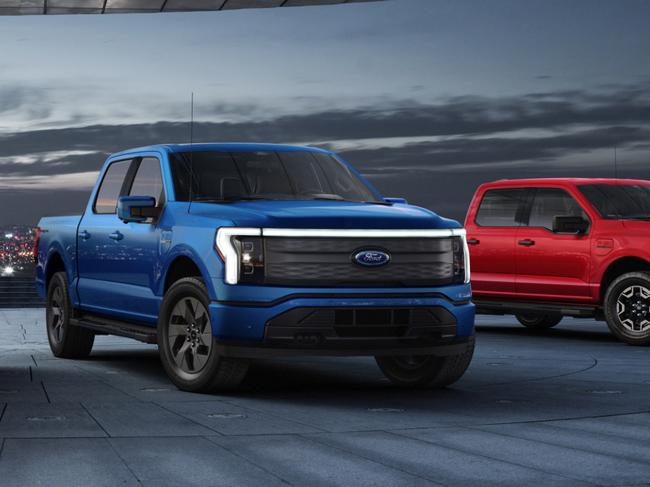
Some of the world’s largest carmakers, including Volkswagen, BMW Group and Volvo, are joining an effort to encourage the adoption of more stringent fuel emission standards in Australia, saying that the current policy is limiting the choice of consumers when it comes to highly sought-after electric vehicles.
At the national electric vehicle summit, being held in Canberra on Friday, the EV Council of Australia – which includes the above carmakers as members, as well as Tesla and fast-growing EV brand Polestar – will call on the government to commit to the development and implementation of a mandatory fuel efficiency standard for light vehicles that would support Australia in achieving its target of net zero by 2050.
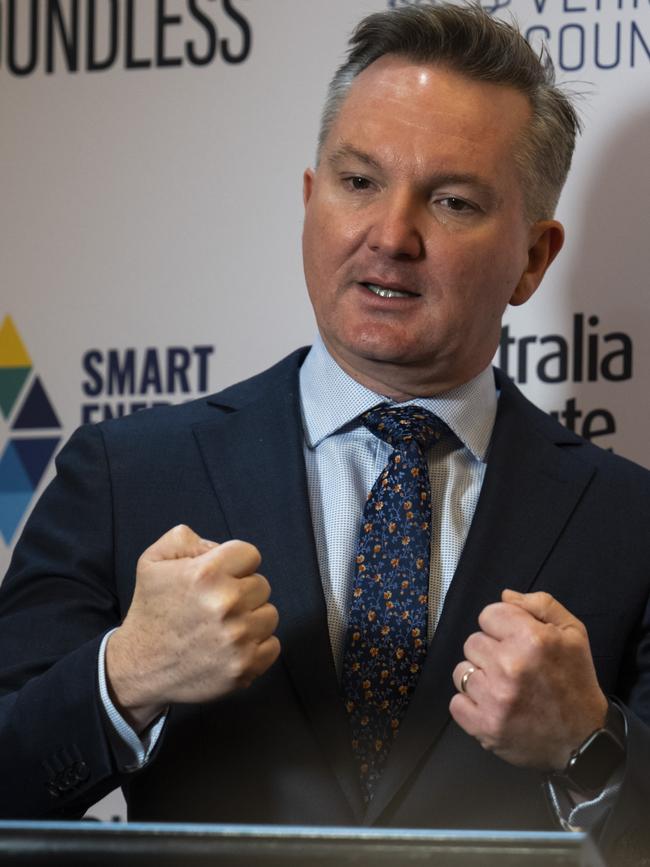
The conference will be attended by Climate Change and Energy Minister Chris Bowen, Atlassian chief executive Mike Cannon-Brookes and independent MPs Zoe Daniel, Monique Ryan and Kylea Tink.
Mr Bowen announced the release of a discussion paper for an EV strategy at the summit, while Ms Tink will be introducing a private member’s bill in September to legislate for an internationally comparable fuel standard.
“Australia must catch up to the rest of the world and transition from one of the dirtiest fuel and cars fleets on the planet to a fleet which is low to no emissions if we want to reach our climate target,” Ms Tink said.
Currently, Australia is one of the few major developed markets without such a standard. Fuel efficiency targets – also referred to as a fuel efficiency standard – have been adopted by 80 per cent of the global light vehicle market, including the US, New Zealand and the EU.
Fuel efficiency targets involve manufacturers paying a penalty for exceeding carbon emission targets set for the average of new vehicles they sell, incentivising carmakers to supply fuel-efficient and electric vehicle models.
According to Behyad Jafari, chief executive of the Electric Vehicle Council, the absence of fuel-efficiency standards means Australian customers are starved of choice for highly demanded electric vehicles as carmakers are prioritising those overseas markets which do have standards.
“What we’ve heard very clearly from car companies is that the biggest motivator to get more EVs here is for Australia to have fuel-efficiency standards that are consistent with countries in Europe and the US, because those countries have rules that require car companies to bring more EVs to the market,” Mr Jafari said.
“Those countries are at the top of the list in terms of getting prioritised for these vehicles.”
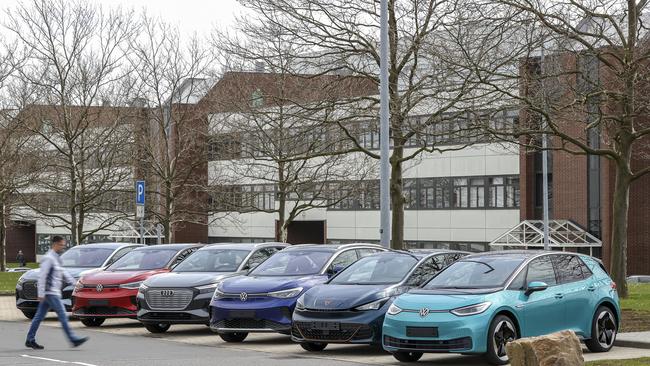
Of the 450 electric vehicle models available globally by the end of 2021 – a massive fivefold increase in EV offerings since 2015 – car manufacturers offered fewer than 7 per cent of those to Australian drivers, with our market marred by lack of choice, slow take-up and inflated EV prices.
The paltry 30 EV models available in Australia in 2022 stands in stark contrast to the UK, where 120 EVs and 40 Plug-in Hybrid Electric Vehicles are currently available for purchase.
The Electric Vehicle Council’s call is in direct opposition to a proposal by the Federal Chamber of Automotive Industries, which is advocating against standards being introduced. The FCAI, which is dominated by the largest seller of vehicles in the country – Toyota – wants standards to be voluntary instead.
The FCAI’s voluntary CO2 reduction targets are 35 per cent per passenger car and light SUV by 2030 (to 98 grams per kilometre); and 26 per cent cut for utes, vans and heavy SUVs (to 143g/km).
By comparison, the EU’s fuel-efficiency target in regards to CO2 emissions is 95g/km, the US is aiming for 108g/km by 2025, and New Zealand 113g/km by 2025 (by 2030, these markets are expected to be closer to a target of 60g/km).
As a result, those territories are seeing the introduction of EVs that may have otherwise also been launched in Australia. Every EV sold – with its zero emissions of CO2 – lowers the average of a car company’s fleet, which allows them to avoid hefty fines.
“New Zealand is about to get the first electric ute made available to their market, the LDV eT60, with Australia winding up as an afterthought as we get the leftovers from other countries, as opposed to being prioritised when it comes to this new technology,” Mr Jafari said.
“Electric utes like the Ford F-150 Lightning, the Chevy Silverado EV and the Rivian R1T are already on the roads in countries like the US, and these companies tell us very clearly that they recognise that Australia is a really attractive market for utes and they could do good business bringing those products here.
“They want us to put the right standards in place so we can see these products become available to Australian consumers.”

Although due in Australian showrooms from next year, Volkswagen Australia has previously stated that it has held back releasing its popular ID EVs – which sold 59,400 units in China during the first half of 2022 – largely due to the absence of emissions standards.
Volkswagen Australia is confident it can make a huge impact once it lands its attractive EV range here.
VW head of product for passenger vehicles Michelle Rowney says the company’s ID range will be among the country’s best-selling electric vehicles as it looks to take a “leader” position in the EV market.
“We expect to be leaders in the EV space, and the market share we’re looking for in EVs is to start at 20 per cent,” Ms Rowney said.
“When you look at VW globally, that is the positioning.”
Mr Jafari said lack of demand was not what was holding back the EV revolution.
“EVs are typically brought to Australia in very limited volumes, usually in the hundreds, while there’s a waiting list of 15,000 people hoping to buy those cars, so they’re sold out within minutes,” he said.
In terms of other significant EV models that have skipped Australia so far, Mr Jafari lists the Ford Mustang Mach-E performance car, the Fiat 500e (a small car that sells for $38,500, which is cheaper than any EV sold in Australia), the MG5 EV small sedan, the KIA e-Niro small SUV (one of the top-selling EVs in the UK) and the super cute Honda e.
“It’s pretty straightforward – if we have these regulations then we get the best products the car brands have,” Mr Jafari added.
“We haven’t put ourselves on an even playing field with the rest of the world.”

